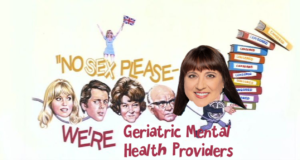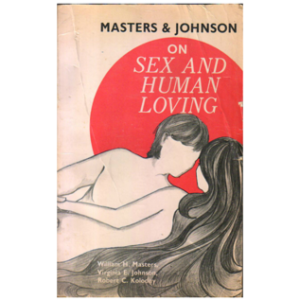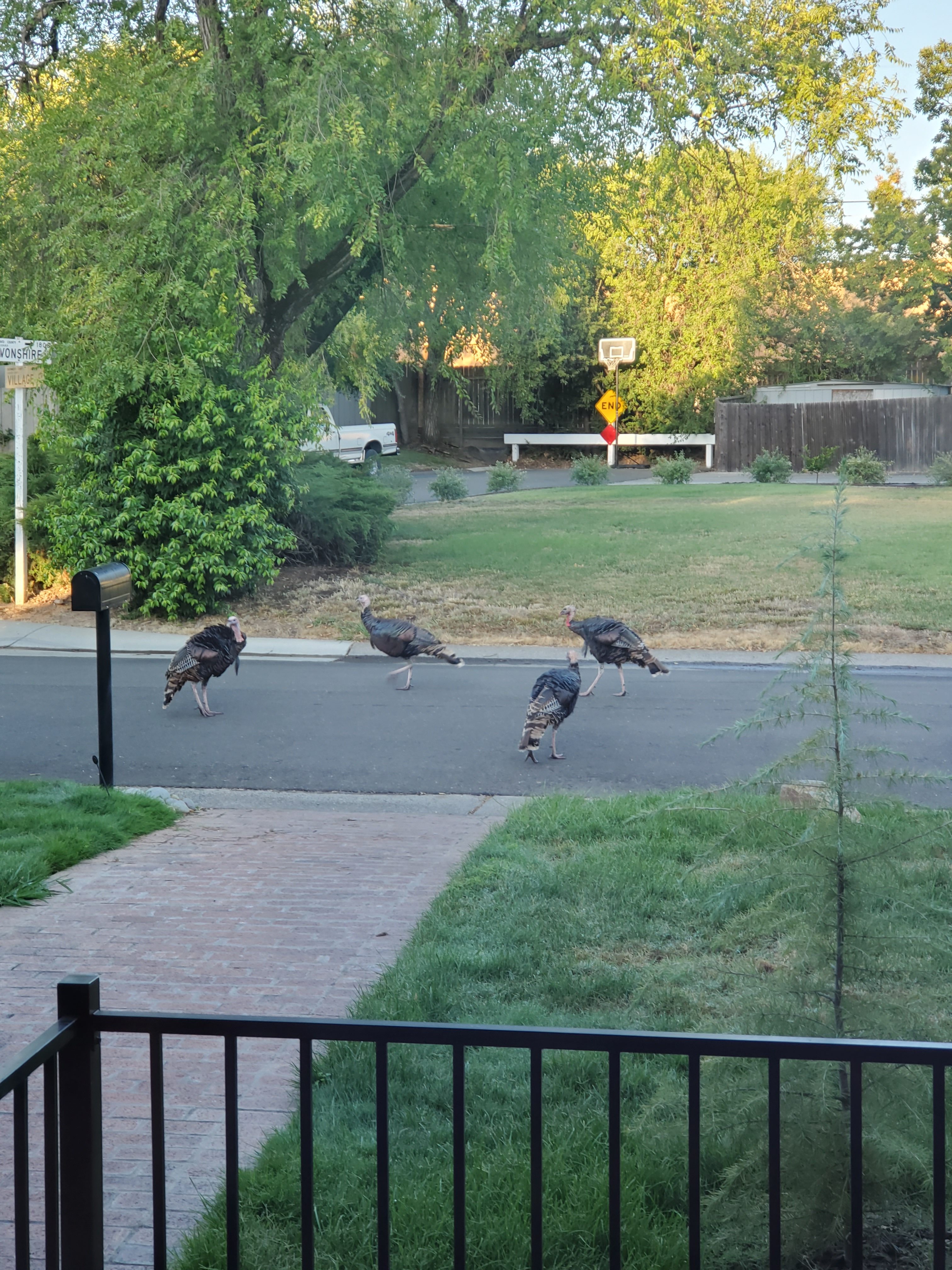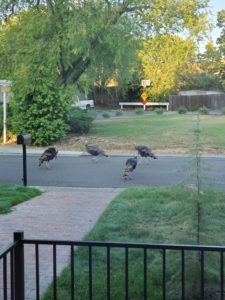
The title of my sex talk was a play on the 1970’s movie “No Sex Please. We’re British”.
I was asked to give the talk 6 months ago, while I was still in Michigan. Like most “asks” so far ahead of time, it seemed like a fine idea. I was sure that by November, I would be comfortably ensconced in my new role at UC Davis. The talk would be a great way to become known among geriatric mental health providers in my new community of Sacramento.
The topic of the talk was definitely a departure from my usual repertoire which is the assessment and treatment of later-life depression or managing the behavioral symptoms of dementia. In fact, it scared me a little: sex and the aging adult.
But it was 6 months away, and so I avoided thinking about it for many months. I grew really busy with my new job as Chair. As the time grew nearer, the social worker coordinating details of the conference would ping me. “What is the title?” Several weeks later—”please give us a 3 sentence outline”. Then 2 weeks before the talk-“please send us your slides”.
Unlike many academics, I have had the amazing fortune to have two psychiatric experts close at hand my whole life; my father is Anthony Kales MD, one of the founders of sleep disorders medicine, and my mom is Joyce D. Kales MD, who devoted a significant part of her career to sex therapy. So, my “phone a friend” for my ‘sex talk’ was….my Mom.

My gorgeous mom in the 1970’s.
My mom was delighted about the talk! “I will send you an outline of my thoughts!”. Because of her trip to Boston to visit my brother and his family, my Mom’s outline didn’t arrive until I had already mostly prepared the talk, but it was uncanny how at the age of 85, my mom is still on top of this field. Her outline closely mirrored the content I had researched myself.
Funny how the topic and discussions with my mom prior to the day of the talk promoted an exploration of my own personal history with the topic. I recall going to my mom’s office as a prepubescent kid when I was sick (remember I had 2 working parents unless my YiaYia was with us at the time). In my mom’s office, there was a large bookshelf filled with books about sex. As you could imagine, I would sometimes help myself to her ‘lending library’ when she left the room. One of the books, the classic 1970’s Masters and Johnson, left me a little agape from the drawings of “hippies doing it” that I found in its pages.

The traumatizing text.
Later when I was a teenager, like many kids of working age, I worked in the ‘family business’. But unlike my friends working in local shops or restaurants or at Hersheypark, my first job was coding data on a study that looked at differentiating psychological from primary impotency. One of the big clues was the measurement of nocturnal penile tumescence or NPT (e.g. if a guy can get erect while asleep, the impotence with his partner is likely psychological). Yup. While my friends were flipping burgers or running rides, I was learning about NPT. Not your typical summer fare at 16.
My parents being so open likely made me a little more closed when talking about sex. When I eventually went into geriatric psychiatry, I would joke, “I went into this field so that I DON’T have to talk about sex”. But of course, that proved to be untrue. My patients would bring up sex regularly in my appointments with them, and so, I had to get comfortable with it.
During the weeks leading up to the talk, my mom called me with many various tips. One day she noted, “sometimes older women retain their androgen drive and find younger partners to satisfy themselves”. Um, thanks Mom. Another day, “AARP has a full-page ad this month for a video on sexual positions that older adults can try if they have physical limitations.” Gulp. Awesome.
My talk Friday was a big success. The Q and A period went on for more than half an hour after the talk. As I told stories about my lovely mother with affection and humor, she became an unseen but charming character in the narrative. So much so, that when I finished, the conference organizer joked, “Your mom just called and said you did an incredible job.” Thanks Mom. Like mother, like daughter.








